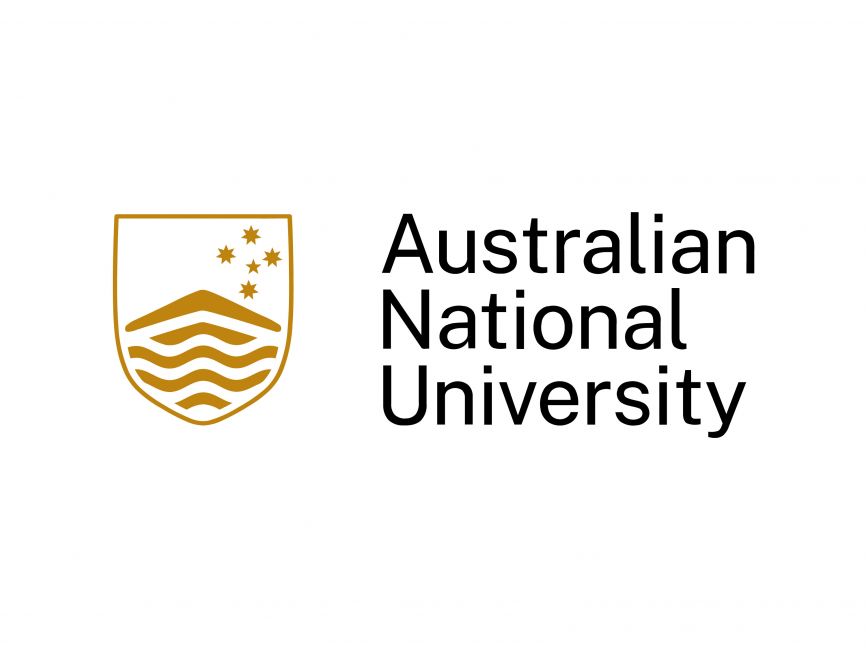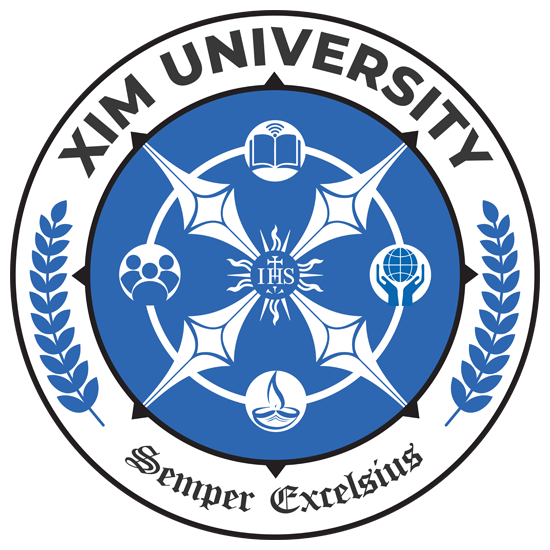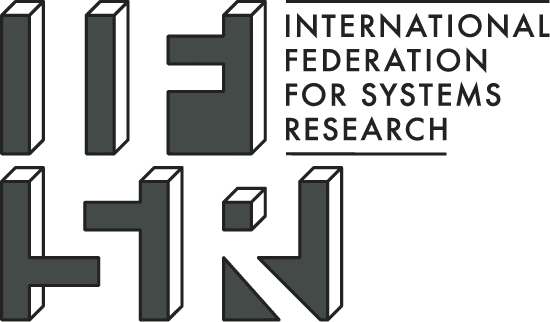Members of the IFSR
Discover our global network of 40+ member organizations and 30,000 systems thinkers and practitioners.

Who are we?
AR+ was founded in 2008 by Hilary Bradbury using seed capital provided by royalties for the Handbooks of Action Research. We started out as a grantmaker to those doing change work. In 2010 the Action Research journal needed a webspace for its blog. AR+ provided that…and since then it’s been another channel for making ARJ available as part of our larger mission to share action research resources.
Since 2016 AR+ has expanded with institutionally supported co-stewards, to offer curated resources and community of practice/inquiry.
Our aim:
Our aim is to make global knowledge democracy more available by supporting inter/transdisciplinary dialogue and connectivity for those practicing at the developmental edge of action research worldwide.
We hope especially that more people may benefit from practicing Action-oriented Research for Transformation at this time of social-ecological challenge. At AR+ we believe that learning and development, including our own, provides a key opportunity for co-creating the world we want and need at this time. We believe we can accomplish more together than we can alone, especially if we practice with mutually transforming power.
AR+ supports a global community, online and face to face, so that action-oriented scholar practitioners find community and developmental support in responding to the call of our times.
We believe that our global social-ecological challenges (crises) demand a new context for scholarships of all kinds. In supporting ART Action-oriented Research for Transformation AR+ offers specific resources such as coaching, co-labs, curriculum, workshops, so that fellow (feral?) scholar-practitioners may find what’s next for them in their self- and community developmental evolution.
AR+ is unusual for our emphasis on practice. For example, all our co-lab efforts are designed to encourage new experiments for re-weaving activist, artistic and scientific dimensions of knowledge creation. The value of participating in this loosely knit global community is that we learn, cross-pollinate and amplify innovative efforts.

Who we are and what we do?
The American Society for Cybernetics was founded in 1964 in Washington, DC to encourage new developments in cybernetics as an inter-/trans-/meta-disciplinary field.
Ever since, it has remained at the forefront of cybernetic thinking and doing. Society members have made cybernetics central to their work in biology and the life sciences, the arts, medicine, therapy (psychological and social), mathematics, the physical sciences and engineering, design, management, and business. They have reached out to other societies and groups interested in similar areas and approaches. Remarkable people have joined and been recognized by us.
We understand cybernetics as being profoundly interested in and shaped by circularity, recursion, construction and reflexivity, and we constantly consider what cybernetic actions might be and when they should and should not be taken, continuing to consider how to behave in a cybernetic manner—without denying the value, on occasion, of behaving in more traditional ways. We recognize the centrality of the presence of the observer in observing, the speaker in speaking and the actor in acting.

Who are we?
UCD’s CBA (previously known as the Centre for Management Science and Systems) incorporates a cross-section of disciplines associated with Management Science, Operations Research, Systems Science and Decision Support Systems. Our main aim is to facilitate the development of, and provide ongoing support for, an internationally recognised, UCD-based community of researchers whose work focuses on:Decision-Making: its Structures, Modelling, and Realisation in Practice. The CBA aims to lead research in management science, decision science, decision support systems and systems science in Ireland.
Initiatives we drive:
The emphasis is on the practical application of technical approaches to solving problems in business, and on developing methods for management decision making. This involves a combination of decision science, modelling, algorithm development, software writing and testing, and applications of ICT (Information Communication Technologies).
Specific topics of interest include multi-criteria decision-making, decision methodologies and processes, Decision Support Systems, Geographic Information Systems, quantitative modelling for Logistics, and Technology Management. Business applications of CBA research cover a wide range from technical problems to inter-cultural differences in decision approaches. In general, the CBA will give a context for providing solutions that combine systems, mathematics and applied computer science, and for determining their appropriate usage.

Who we are and what we do?
The School of Cybernetics is on a mission to establish Cybernetics as an important tool for navigating major societal transformations, through capability building, policy development and safe, sustainable and responsible approaches to new systems.
Cybernetics provides a transdisciplinary approach to understanding and managing the complexities of technological advancements, focusing on the components, connections, and dynamics of complex systems.

Who are we?
Members of the Systems group at the OU had a significant influence in piloting what is now the University-wide Open Research Online (ORO) – making OU research publications freely available online.
What we do:
We have also had a long tradition of developing resources that may be used by others externally in pursuit of supporting the application of systems thinking in practice, particularly on OpenLearn.
We provide postgraduate modules and qualifications that focus on systems thinking as an area of professional practice for those with adequate prior knowledge and experience.
FFor the Level 7 apprenticeship, please see Careers on IFSR.org.

Who are we?
Systems thinking and transdisciplinarity are necessary to understand the multiple interactions that exist within complex systems, such as business, economics, legal systems, states… which are technical, organizational, cognitive and social. This is why the systemic approach of such systems requires the contribution of the humanities and social sciences. How can we decode, for example, the impact of information technologies in the economic, social, cultural and even political fields without them?
What is our focus?
AFSCET’s mission is to be one of the forums where practices and lessons from a variety of backgrounds can be shared. These exchanges are rooted in Systemic Research, a thinking approach based on the theory of Information and Cybernetics. The Systemic approach favours a transdisciplinary perspective, as did the sciences of complexity and cognition, which are among the most remarkable scientific developments of the last quarter of a century.
What are our activities?
Transdisciplinarity, openness to major societal debates and forward-looking thinking are at the heart of AFSCET’s concerns. The Association invites all members who so wish to participate in these debates and reflections. Three working groups are currently active: AFSCET Café, Dynamique des Systèmes and Contrôle des Equipements et Systèmes en Interaction avec Risques. The Association organizes symposia, study days, round tables, seminars, dedicated to the deepening of systemic theories and practices. It strives to disseminate all its work to researchers, professionals and students through the Internet and/or printed publications.

Who are we?
The BCSSS fosters research in the field of systems sciences and supports systems thinking. Its operations are not for profit. It was founded in 2004 when a group of scholars met in Vienna to make an attempt to save the Bertalanffy archive for the public that appeared in the United States for auction. It’s an association by Austrian law. Its domicile is Vienna.
Where is our focus?
We carry out or promote research projects on systems science problems and organise or support conferences like the European Meetings on Cybernetics and Systems Research We contribute to the cooperation around the research and development of cybernetics methods and techniques to manage complex systems, lectures and scientific staff mobility.
How do we work?
We are sponsoring scholarships like the Ludwig von Bertalanffy PhD Scholarship and prizes like the Ludwig von Bertalanffy Young Scientist Award and the Ludwig von Bertalanffy Award in Complexity Thinking, publishing the book series “Systems” in co-operation with the School of Systems and Enterprises at Stevens Institute of Technology and College Publications, the open access online journal “systems. connecting matter, life, culture and technology” and Research Papers. We are hosting the Bertalanffy Archive as well as other inventories in the context of systems theory.

Who are we?
The Business Systems Laboratory (BSLab) is a nonprofit professional and academic association aiming to promote research and teaching about social and business systems. Bs-Lab is unique in bringing together the worlds of reflective practice and thoughtful scholarship.
The Association focuses on the development and dissemination of insights on the systemic approach to business sciences, as well as on fostering contacts and interchange of firms and academia. We aim to act as a catalyst for building and disseminating new ideas in research, practice and teaching around a set of multi-field core issues about social and business systems.
BSLab is membership-based and was founded on 30th December 2011, starting its activity in 2012.

Who are we?
From an anthropocentric to all interacting systems perspective of education, research, practice, and policy.
The Centre dedicates itself to education, research, practice and policy to facilitate building of sustainable ecological systems from a “all interacting systems” perspective. Each of the dimensions for integrations for sustainability shall include internal design and interconnecting systems that are consistent with each other and with the ” all interacting systems ” perspective. In addition to action research and policy advice; the Centre shall teach and train young and experienced to build sustainable community systems and sustainable ecological systems, preferably in their respective habitat-ecosystems.
The Centre shall take forward the action research and empirical studies that have been supported largely by NABARD over the last 10 years. The finding of the studies and action research provide simple transition strategies at a cluster/community level where all the three aspects of social, economic and environment can converge and the SDGs can be achieved manifold within a period of about 7 years using the existing budget of respective governments or with minimal additional budget. The Centre will take the research forward and help in replicating ecologically sustainable community systems at GP/Ward level and saturate them in respective districts across the country.
The above “Centre for All Interacting Evolving Systems Science” shall integrate six critical dimensions that form the pillars of an ecological system or the habitat. The dimensions for study and integration include (1) Ecology, (2) Governance, (3) Organization, (4) Production (primary-secondary-tertiary), (5) Institutions, and (6) Relationships.
